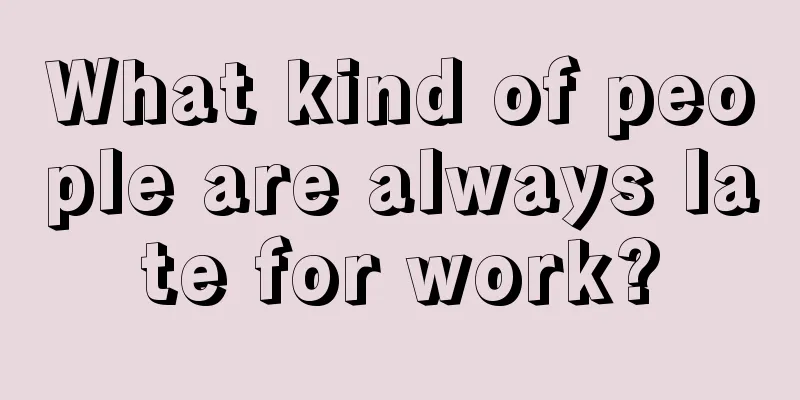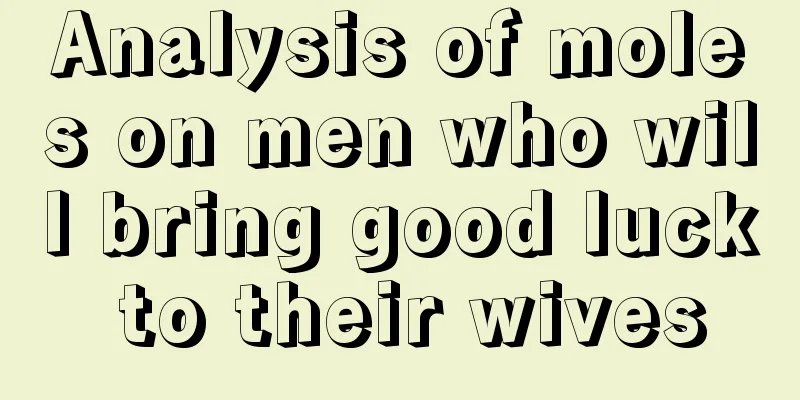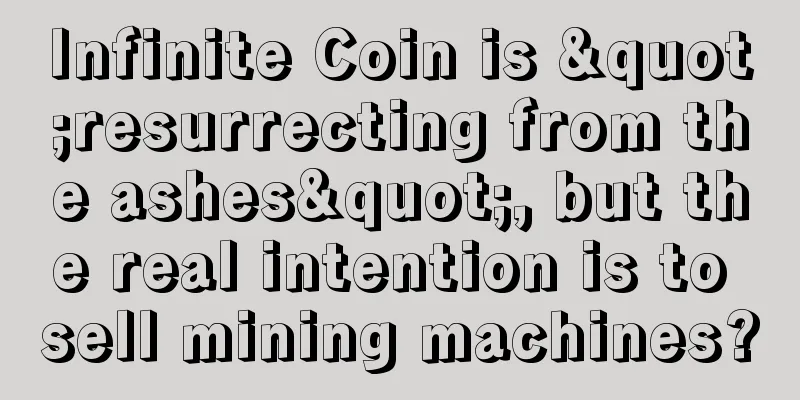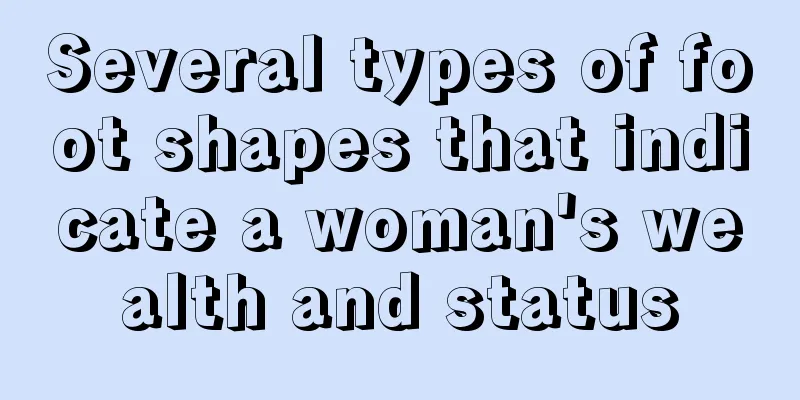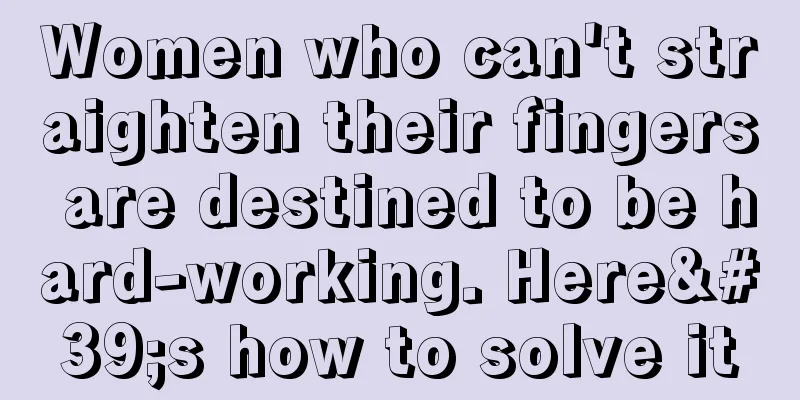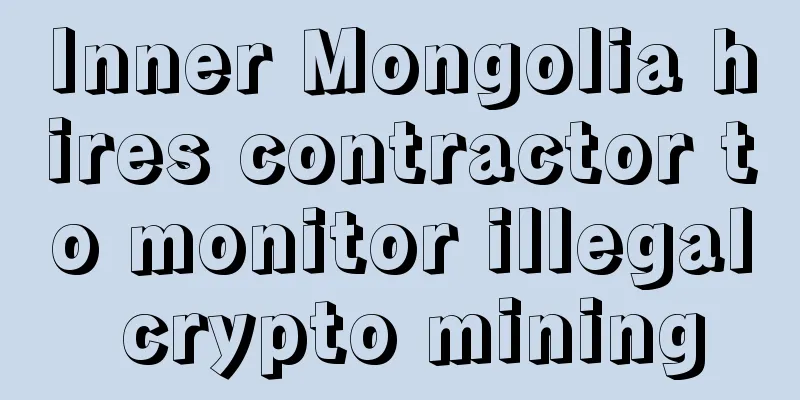Deloitte: Alliance development will be key to blockchain success in 2017, we will pay close attention
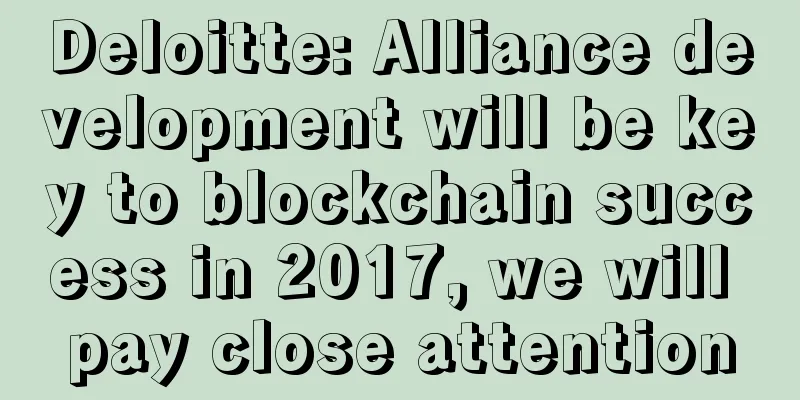
|
Deloitte, one of the “Big Four” global audit firms, is an early adopter of blockchain technology, and 2016 has been a busy year for the consulting firm. Earlier this month, Deloitte announced an investment in UK blockchain startup SETL, a company researching the use of blockchain for payments and settlements. This is reportedly the first time Deloitte has publicly invested in a blockchain startup, and the two companies have begun developing contactless bank card solutions for Metro Bank. In October, the firm announced the launch of its Deloitte Catalyst incubator, which will focus on disruptive technologies, including blockchain, making it clear that the firm is confident in its involvement in blockchain, a technology that is primarily focused on disrupting the financial services industry. However, a survey report from Deloitte this month shows that blockchain technology is not only disrupting financial services. Indeed, most business executives surveyed have at least some understanding of blockchain and its potential. Consumer products and B2B manufacturing industries will be at the forefront of embracing blockchain technology, just like the financial services industry. By 2017, blockchain is likely to make its mark in a wide range of industries, including news media, telecommunications, and manufacturing. Deloitte managing director David Schatsky said in a statement:
By 2017, industries will certainly have a clearer understanding of how blockchain can disrupt these markets. But for 2017, the financial services industry will continue to be the biggest target for this technology. Eric Piscini, Deloitte Global Blockchain Leader, said:
Piscini said one of the big trends of 2016 will become a key factor in blockchain success in the new year: blockchain consortiums. 2016 saw a number of banking groups, technology groups and financial technology players joining forces to explore blockchain use cases and develop real-world solutions. One of the largest groups is the R3 blockchain consortium, which Deloitte will be watching closely in the coming year.
He also said that the power of collaboration will bring new strength to blockchain exploration.
But, like any emerging technology, the blockchain space has its skeptics. 2017 will also see increased skepticism, and R3 has had an eventful year: the group missed its fundraising target this year, raising $59 million from its members, compared with the $200 million it had hoped to raise. To make matters worse, some of its top members — Goldman Sachs, Santander, Morgan Stanley and National Australia Bank — have decided to leave R3. However, confidence in the development of blockchain remains - some even believe that these setbacks will only clear the way for the real winners in the industry. For example, Chris Finan, co-founder of blockchain startup Manifold Technology, said these troubles actually bring some hope, allowing people to see more clearly how blockchain will affect the global market.
|
<<: Baidu Index: Beijing regains the top spot in Bitcoin search volume, followed closely by Suizhou
>>: Hyperledger closes 2016 with eight new members
Recommend
Palmistry Secrets: Human Palm Diagram
In life, everyone is different. Everyone has his ...
What do two marriage lines indicate?
What do two marriage lines indicate? The marriage...
What does sausage mouth represent? Sausage mouth face reading
The lips are the opening point of the spleen and ...
FURY Coin - a new coin in the Monero series. It can be mined by graphics card miners and CPU servers!
FuryCoin is short for FURY, a new coin in the Mon...
The face of a woman with a bad relationship between mother-in-law and daughter-in-law
The face of a woman with a bad relationship betwe...
Hard drive prices are on a roller coaster, computing power is catching up with FileCoin, how long will Chia be popular?
Author | Liu Xia Editor | Zhaosheng Layout | Wenx...
What does a black mole on the butt mean?
We all have moles, and they may grow on the face ...
How to read a woman's face
In addition to being born into a good family, a w...
What are the characteristics of fortune in palmistry?
What are the characteristics of fortune in palmis...
What does a mole on the eyebrow mean in terms of good or bad fortune?
Everyone has some moles on their body, and moles ...
Eight palmistry characteristics of extremely wealthy people
If a person wants to gain a foothold in society, ...
Interpretation of the woman with the "川" palm on both hands, is her life really so miserable?
The palm print of the character "川" (Chu...
What are the facial features of women who indulge in excessive sexual activities? Facial feature analysis!
In ancient times, polygamy was practiced and wome...
Thumb fingerprints to see fortune and health
The thumb is the first of the five fingers and pl...
What does a mole on the elbow mean?
Where is the elbow in our human body? This is act...


